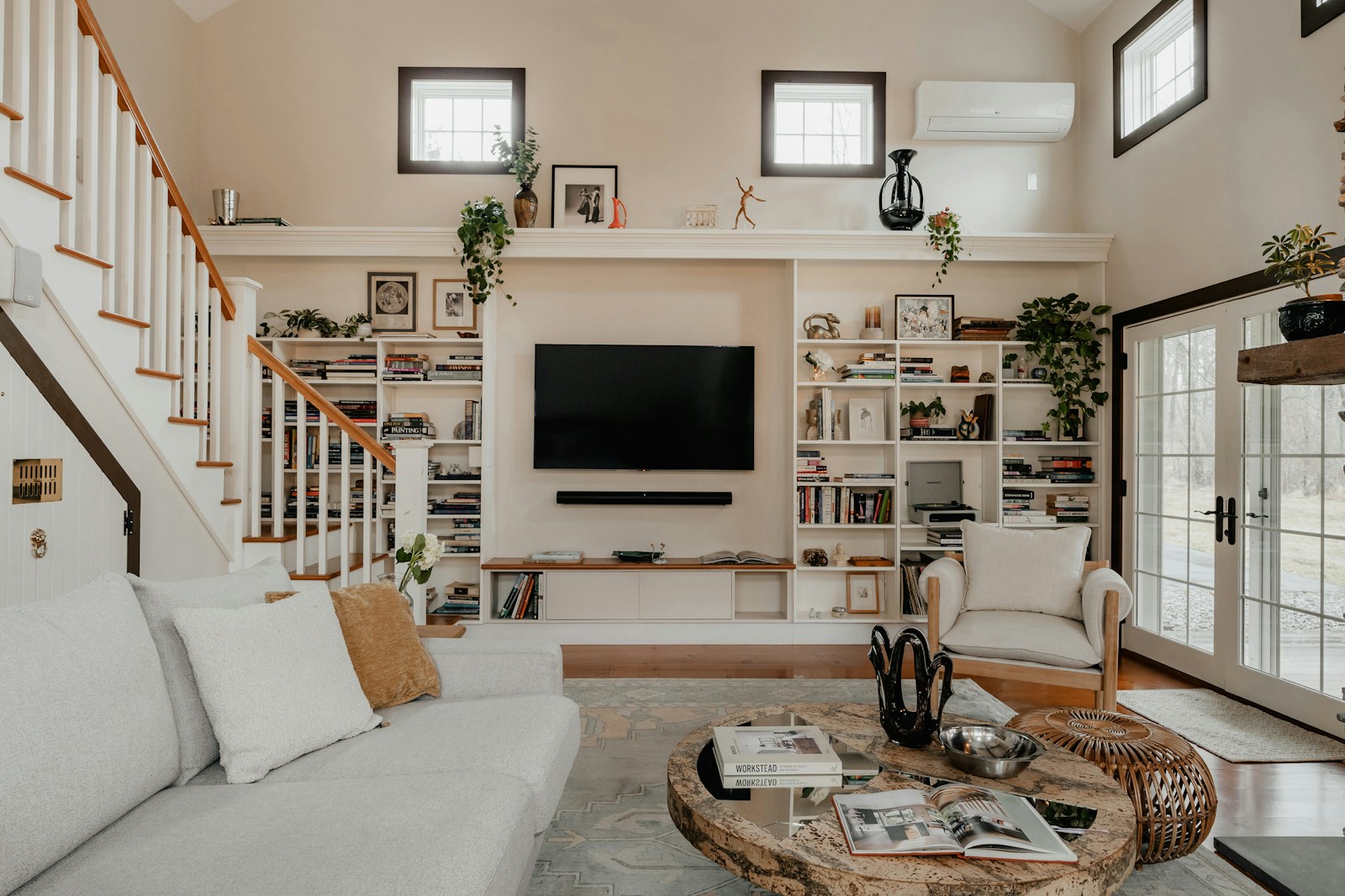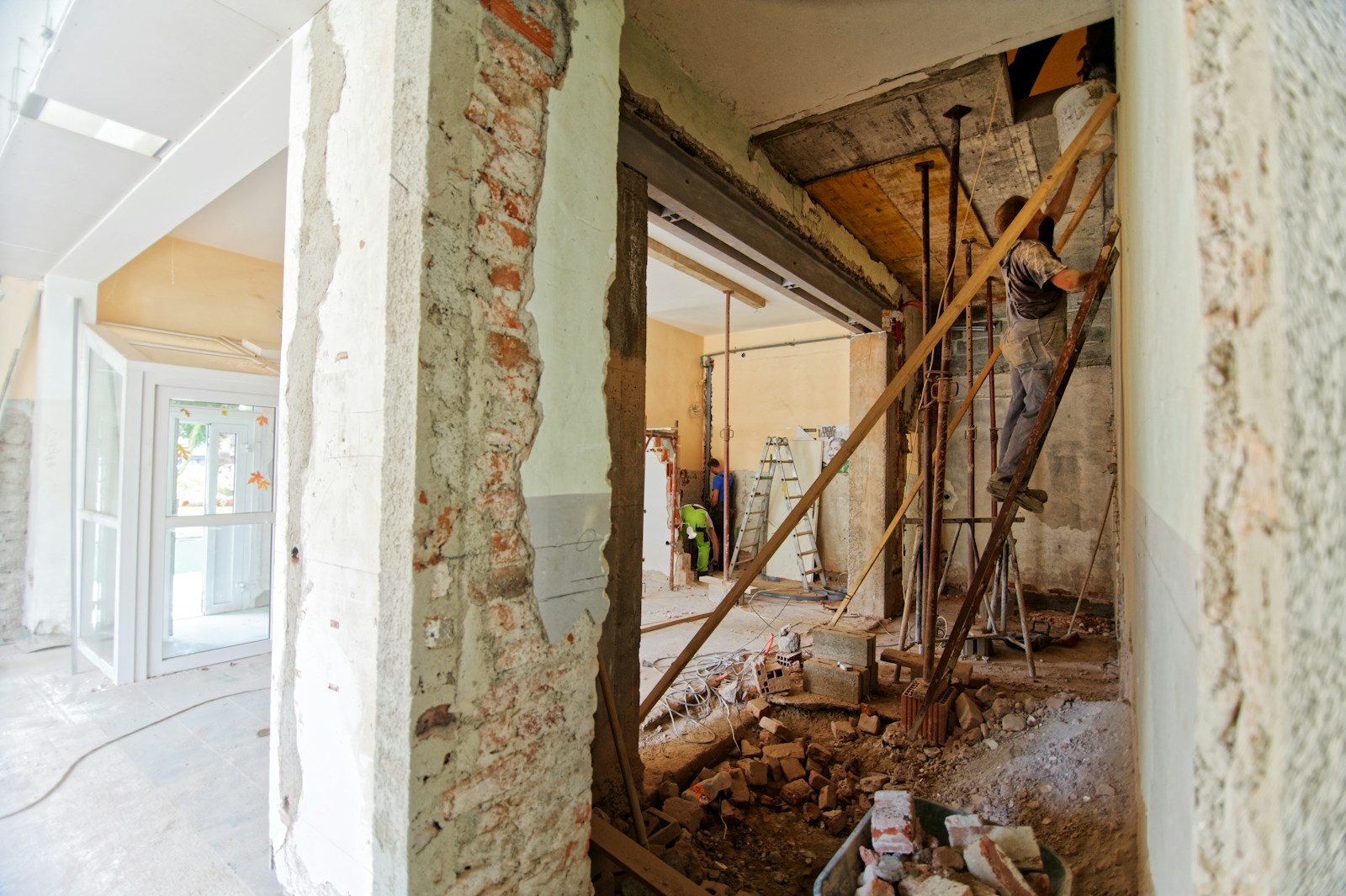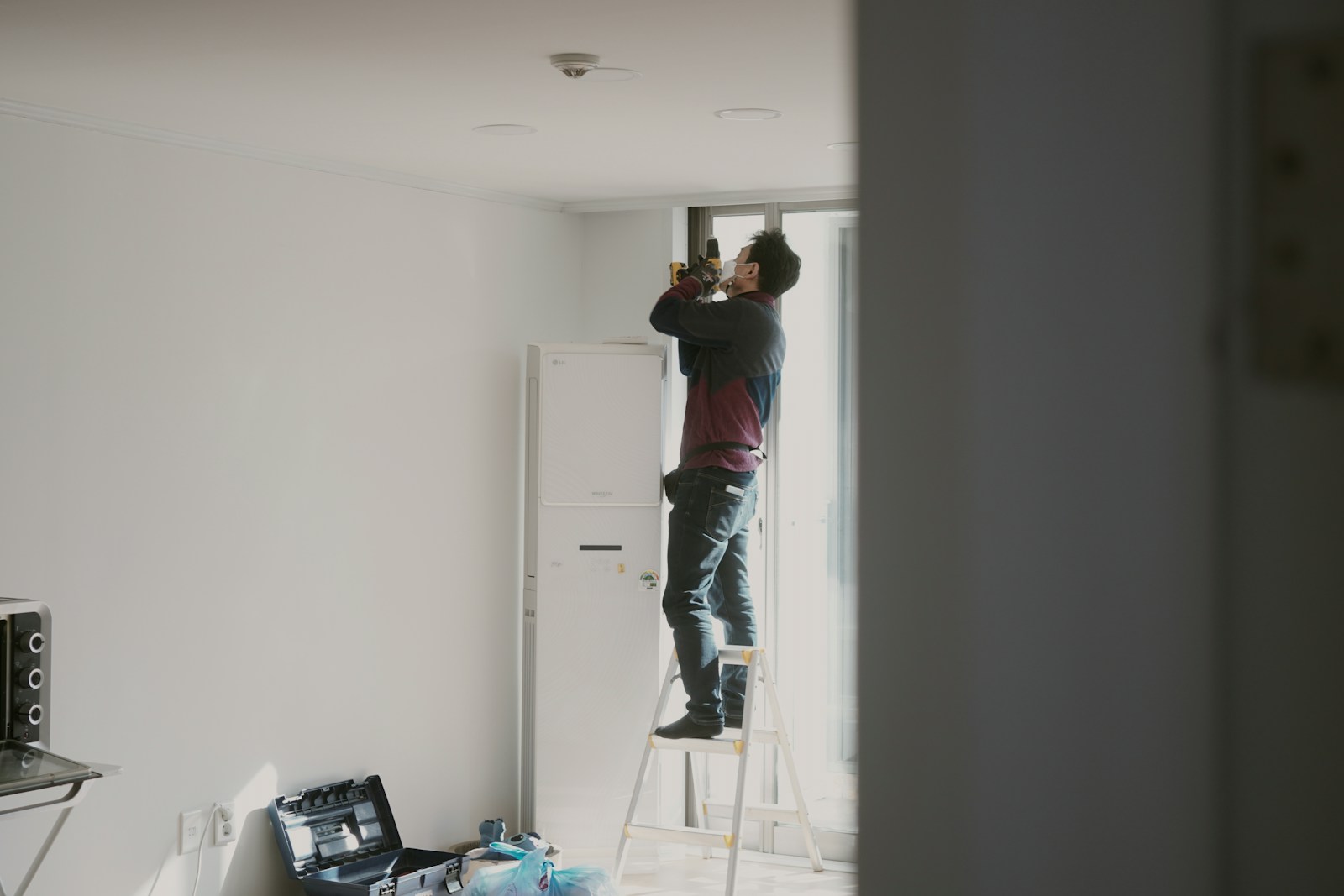
Neglecting Regular Maintenance
Homeowners often overlook regular maintenance tasks, leading to significant long-term damage. Ignoring issues like leaky roofs or cracked foundations can result in costly repairs that diminish property value. According to the National Association of Realtors, homes that are well-maintained typically sell for 10-15% more than those with visible wear and tear.
Overpersonalizing Spaces
While it’s natural to want a home that reflects personal taste, overly personalized decor can deter potential buyers. Bright paint colors, unique fixtures, or excessive renovations might make it difficult for others to envision themselves in the space. Neutral tones and classic designs are often more appealing.
Skipping Energy Efficiency Upgrades
Homes that lack energy-efficient features can lose value in an increasingly eco-conscious market. Upgrades like energy-efficient windows, insulation, and appliances not only reduce utility bills but also attract buyers looking for sustainability. The U.S. Department of Energy reports that energy-efficient homes can sell for 5-15% more than their less efficient counterparts.
Ignoring Curb Appeal
First impressions matter. Poor landscaping, peeling paint, or a cluttered exterior can turn potential buyers away before they even step inside. Investing in landscaping, cleaning the exterior, and ensuring a well-maintained driveway can significantly enhance curb appeal and overall property value.
Choosing the Wrong Time to Sell
The housing market fluctuates, and timing can impact sale prices. Selling during a buyer’s market, when supply exceeds demand, often leads to lower offers. Homeowners should stay informed about market trends and consider selling during peak seasons for better returns.
Underestimating Upgrades
Neglecting key upgrades, such as modern kitchens and bathrooms, can diminish a home’s allure. Outdated features can devalue a property, as buyers often prioritize functional and attractive spaces. The National Kitchen & Bath Association suggests that kitchen remodels can yield a return on investment of up to 80%.
Improper Pricing Strategies
Setting the wrong price can have dire consequences. Overpricing can lead to prolonged listings and eventual price reductions, while underpricing may result in significant financial losses. Homeowners should consult real estate professionals to conduct a comparative market analysis for accurate pricing.
Neglecting Local Regulations
Failure to comply with local zoning laws and regulations can lead to fines and forced modifications, ultimately reducing home value. Homeowners should familiarize themselves with local regulations and ensure that any renovations or additions are properly permitted and up to code.
Disregarding Home Inspections
Skipping a pre-sale home inspection can lead to surprises during the selling process. Undisclosed issues can derail negotiations and lower offers. A thorough inspection can identify problems early, allowing homeowners to address issues and maintain property value.
Failing to Stage the Home
Homes that are not properly staged can struggle to attract buyers. A well-staged home helps potential buyers visualize living in the space, often leading to quicker sales and higher offers. Hiring a professional stager or utilizing staging tips can enhance a home’s appeal significantly.
Homeowners should regularly assess these factors to maintain or improve their property’s value. Ignoring them could result in substantial financial losses when it’s time to sell.



